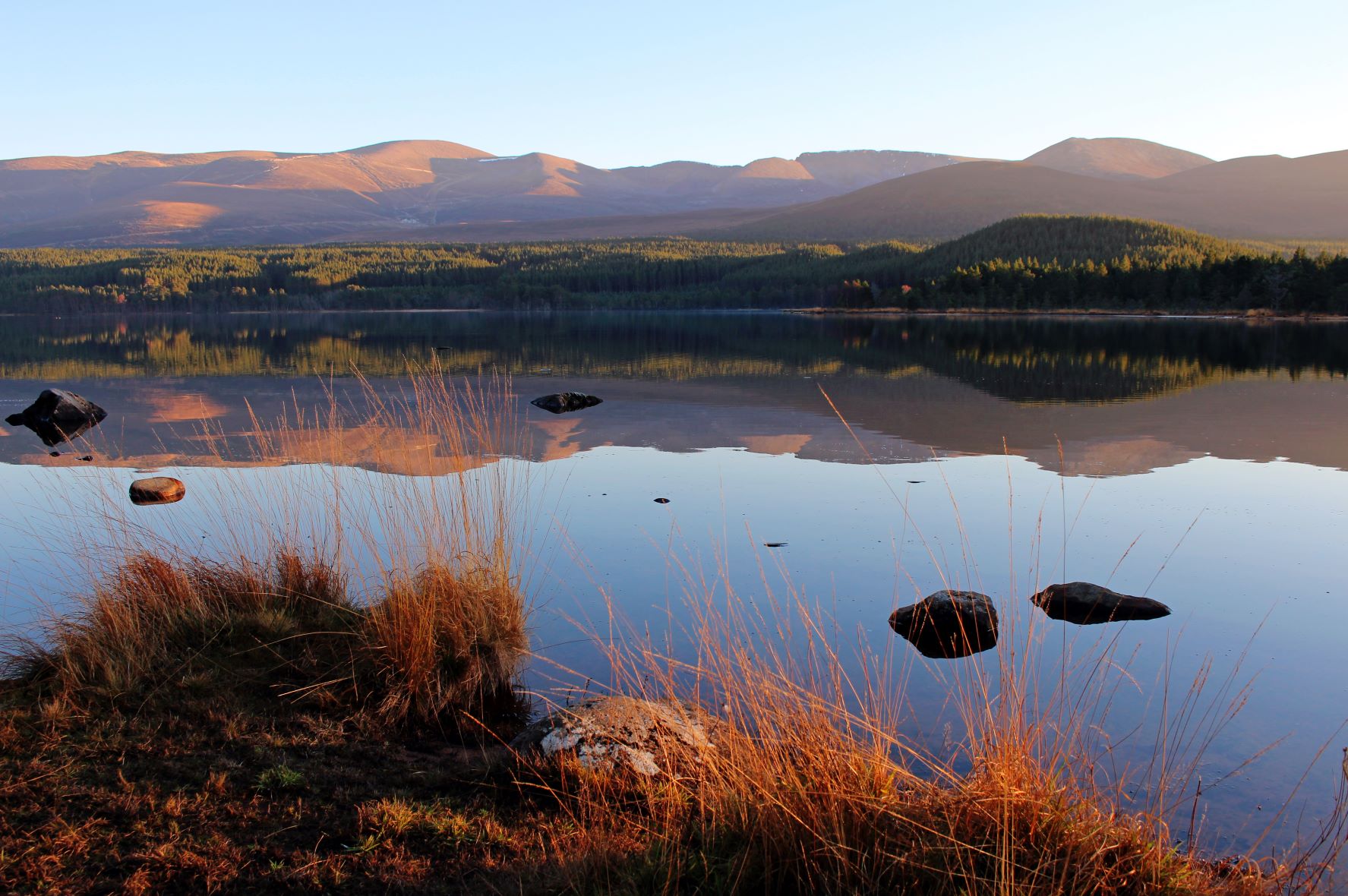(photo shows the principles of regenerative agriculture)
This event (October 12th, London) was organised by Sustain, an organisation that campaigns for better food and farming (https://www.sustainweb.org/). There has been much polarity between livestock and dairy farmers and others who are campaigning for better food that is compatible with dealing with the ecological crisis. Some argue that there should be no meat eating whilst many, if not most farmers want to see meat eating maintained. The aim of the conference was to see if common ground can be found among all those who have an interest in food.
I attended this conference in order to better understand the issue and see what people are suggesting as ways forward. The assumption of the summit was that there is a consensus that we need to eat less, but better quality meat for a variety of reasons: climate, land use, biodiversity, animal welfare, and health. However, this consensus was not supported by everyone in the conference so it is unclear how much progress was made in terms of finding common ground.
The discussions on this issue were very similar to ones I encountered during my research in the Cairngorms around the National Park and the funicular. Views are polarised and conflicts fuelled by strong emotions.
One key question was around what the facts actually are. When the introductory speaker presented data on livestock farming on Greenhouse Gas Emissions, this was contested by a farmer. A comment was made- who to trust? Scientists or farmers. There is a similar debate on to what extent meat is an unhealthy option.
Another issue is the divide between urban and rural areas. Many farmers think urban dwellers don’t really understand farming and the move of many people to vegetarianism and veganism is a very worrying concern. Animal welfare is a big concern to many. In my research with farmers I found that they really did care for their animals and knew them as individuals. They did actually feel sad when they were sent off, eventually to be killed. So it is understandable that they resent accusations of cruelty when they care so deeply.
All the farmers who came to the conference and presented on the panels were part of a growing movement for regenerative agriculture. The claim is that such farming practices: “Regenerative Agriculture describes farming and grazing practices that, among other benefits, reverse climate change by rebuilding soil organic matter and restoring degraded soil biodiversity – resulting in both carbon drawdown and improving the water cycle (https://regenerationinternational.org/why-regenerative-agriculture/). All such farmers agree that there should be a transition to regenerative agriculture and that eating meat from these farms is not a problem and actually helps.
As an outsider, I am struggling to understand why there cannot be a consensus on ‘eat less but better meat’ if people agreed to reduce meat which came from industrial farms. This would release land to grow vegetables because there would be less need to grow crops to feed livestock. Anyone who uses regenerative farming approaches would be protected and this sector could even expand. The issue then becomes how to make a transition from growing crops to feed livestock to growing crops to feed humans, for example fava beans (see: https://peopleslandpolicy.home.blog/2020/07/27/land-use-and-fava-beans-if-theyre-good-enough-for-the-egyptians-why-arent-they-good-enough-for-us/). Another issue is how to ensure that the price of this better quality meat is low enough so anyone can afford it.
However, at the Meat Summit, there was no such consensus. It seems that there is a lot of mistrust and misunderstanding and there needs to be more opportunities for different perspectives to come together. In my research I found that interpersonal contacts were crucial in helping to build bridges. For example, Tom Prescott, then warden of RSPB Insh Marshes, was a vegetarian. Yet, he went for dinner at farmer Alastair MacLennan’s house and they both said how well they got on.
The Oxford Real Farming Conference, put on by the Real Farming Trust, is one such place where people can come together. As with all these conflicts, both the future of the planet and humanity depend on transforming the food system and this can only happen if agroecological and regenerative farmers/growers (urban and rural) and eaters come together. See: https://realfarming.org/.


